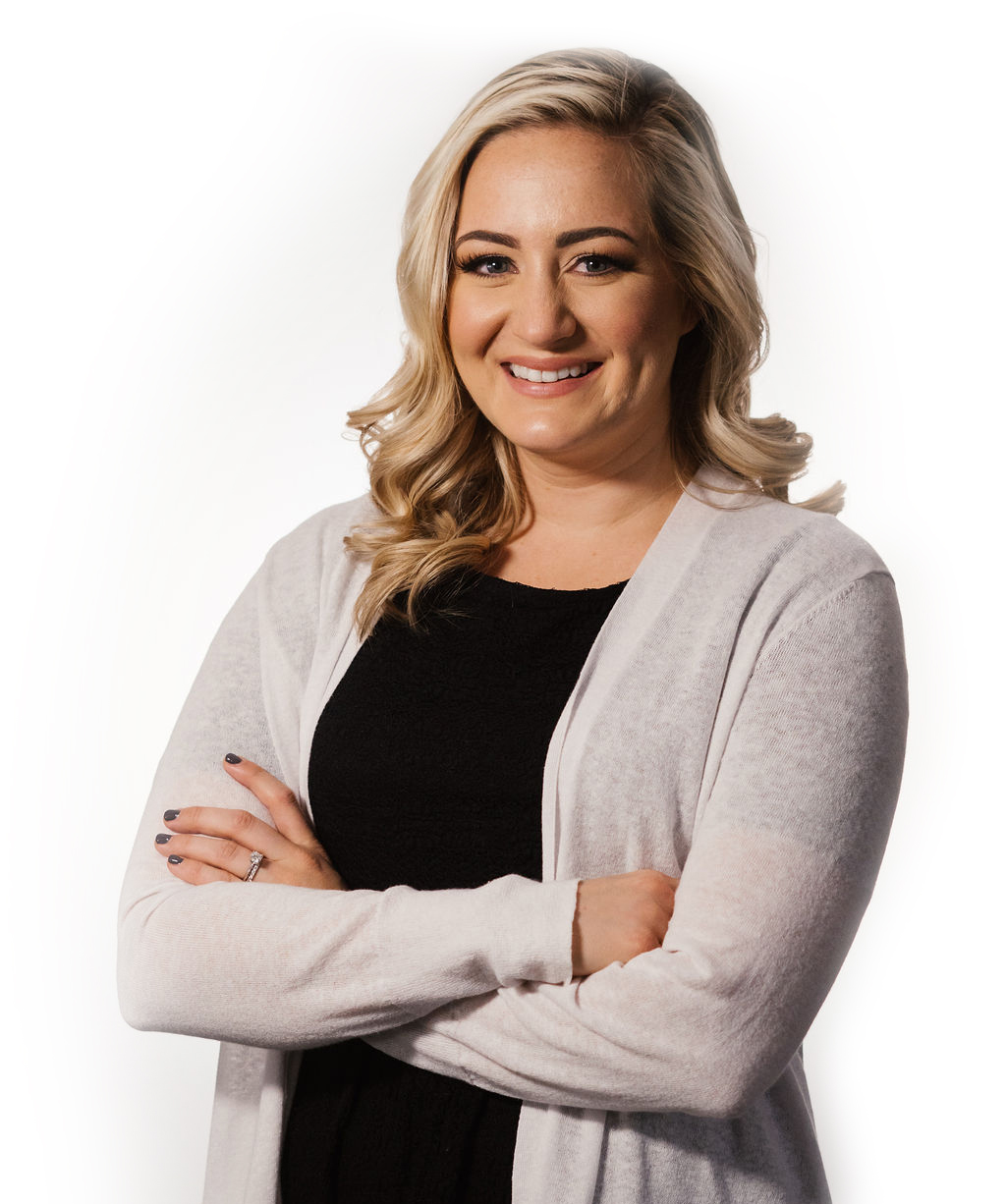Do you remember your last visit to the doctor?

Did you leave feeling confident and empowered, or helpless and confused about your next steps of care?
Did you ask the right questions? Or did you leave with more questions than answers?
Now if you felt confident and empowered, then your practitioner has done their job in providing you not only the care you required, but helping you understand why you were making certain decisions, and what that meant for YOU (yes, YOU, not your neighbour, not the general public but YOU). Sadly this is not the case in the majority of patients I see. My patients are women seeking for answers to their hormonal imbalances, fertility concerns, thyroid issues, painful periods, high stress and low energy. Their digestion is a mess, they’ve had (what they believe to be) every test in the book and have been told everything is “normal”.

They’ve seen their doctor for their spotting between periods, painful periods, irregular periods, trouble getting pregnant and PCOS. Despite all of these different presentations these women are offered the same solution: the birth control pill. They are told it will “regulate their periods”, “balance their hormones” and “treat their symptoms”, without a conversation about mechanism of action, possible side effects or alternative treatment options.
Even after we have done bloodwork and confirmed a patient may have hormonal imbalances (ie. maybe they are not ovulating, so their progesterone is low), patients are made to feel stupid when they tell their practitioner what is going on and are even told “that does not exist”.
During my training to become a naturopathic doctor, I was taught that the most important step in patient care was not actually WHAT I was prescribing or recommending to my patient, but the informed consent piece that came with that prescription or recommendation. I was taught to honor the individuality of each patient, listen to their entire story, choose an intervention that I felt best suited their needs based on the appropriate evidence, and then proceed to have a conversation with the patient about how this will impact THEM. After this conversation, I would proceed by allowing my patient to raise any comments questions or concerns and address these one by one.
I feel like in medicine, we’ve really missed the mark here when it comes to informed consent.
In my personal experiences I have felt belittled and “stupid” when it came to my health. I was given colposcopies (biopsies of my cervix) without explanation or informed consent after having normal PAPs. These ended up having an impact on my cervix’s ability to properly dilate when I was in labour with my son, leading to a very difficult, complicated and scary delivery. I have been told to take medications during pregnancy, without an evaluation of my individual risks, but a very blunt explanation that what was being recommended was “much better than death”, when death was something very far fetched based on MY scenerio.
I also think that patients often push for procedures (for example laparoscopy to diagnose their endometriosis, or moving directly towards IVF, or using the most medications possible in fertility) without fully understanding what the risks vs benefits of these procedures are. Sometimes medical professionals will just “give in” to the patients requests without fully explaining why this was maybe not their first choice for proceeding. After explanation of their medical opinion, the patient may have changed their mind when initially they felt they were pushing for something that was necessary for their health.

So what does informed consent look like?
When we make medical decisions for ourselves, these decisions are not based on anyone else’s circumstances but our own. Taking a medical intervention because it’s “better than dying” is not an appropriate course of action, except in instances where death is imminent. Taking a medical intervention because your mom, friend or neighbour also took it “and was fine” is also not an appropriate risk benefit analysis for your health needs.
Everything we do inherently comes with risks (getting up in the morning, driving to work, getting on an airplane), but if we are not informed with an appropriate risk benefit analysis, we cannot make a decision that is right for US.
Below are some key points your doctor needs to be discussing with you as it pertains to informed consent:
- The nature of the treatment.
Exactly what treatment you are getting & why.
2. The expected benefits of the treatment
What is the expected benefit of this treatment (ie. why did your practitioner choose this particular treatment in this particular scenerio)
2. The material risks of the treatment.
This is the full disclosure of ALL potential risk(s), and/or the likelihood of the risk(s) occurring in relation to potential benefit(s) of a
proposed treatment. This is important because if you are being recommended a treatment that has a small benefit, with larger risks, you may decline that particular treatment. Keep in mind the discussion of risks should pertain to YOU and your health, rather than the general population (ie. X intervention may come with risks but treat a very serious disease with very poor outcomes in high risk individuals, but if you are at a low risk for very poor outcomes, then X intervention would may not be worth it in your case). Remember that most interventions come with risks, and being told ANYTHING is 100% safe with no side effects is not informed consent (even too much water can be harmful, lol).
3. The material side effects of the treatment.
What are the side effect a patient can expect from this treatment? (ie. Aspirin comes with a risk of increased bruising/bleeding, birth control can cause vaginal dryness).
4. Alternative courses of action.
Are there any other options to the treatment plan here? This is where I find a lot of patients are being misled in their intervention strategy. Yes there are alternatives to products I recommend, however certain products I have chosen for their specific dosing/formulation etc. I am very transparent with my patients about products that I recommend specific companies/formulations for, and ones where quite a few options exist. Has your doctor recommended the birth control pill for your period problems? Have you had a discussion about lifestyle interventions that exist to alleviate these concerns? Have you been recommended a hysterectomy for your heavy periods? Were all of your other options exhausted first?
5. The likely consequences of not having the treatment.
This is an extremely important piece of informed consent and part of the risk benefit analysis. For example, if I am recommended a treatment that comes with possible risks and side effects in order to prevent a condition or disease which a) comes with low risks itself based on my health status or b) I have a very low chance of even getting, is that treatment worthwhile for me? On the other side of the coin, if an intervention (ie. open heart surgery) is the only intervention in order to save my life, then the likely consequences of not having this treatment are surely worse than the treatment itself.
Consent must also be voluntary, which means that it must be given free of undue influence or duress. Fear mongering is NOT informed consent, and if your practitioner tells you ” well X is better than X”, get a new practitioner.




